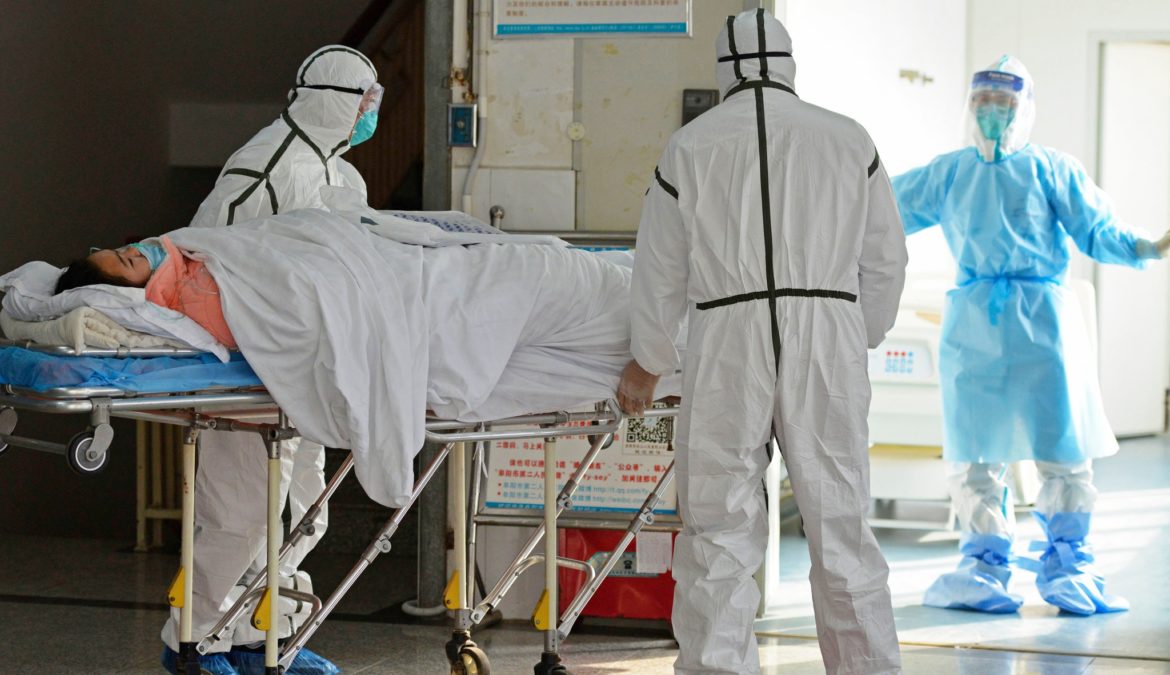Seemingly, Covid-19 is just an invisible microbe but it is powerful and has shaken the whole world. Post Covid era will never be the same again. Dr. Suneem Khan and Abid Rashid Baba tell us how.
In 1896, a plague broke out in Mumbai, erstwhile Bombay. Gandhiji offered his services to the state, which were accepted. As a volunteer, Gandhiji inspected latrines and exhorted people to pay attention to cleanliness. We need to imbibe all his lessons in our daily life. The nationwide ‘Swachh Bharat Abhiyan’ (Mission Clean India) is a precursor to this great social awakening. Respect for nature may be another great lesson. Homo sapiens have overpowered all other animals, pretending to have assumed almost total control of the whole planet, and even set foot on the Moon. Now it stands challenged by a mere microorganism. At the end of the day, we are merely biological organisms, dependent on other organisms for survival. Mankind’s fetish to control nature and exploit all its resources for profit can be wiped out in a stroke. Nothing is permanent. Hygiene is the first and obvious take-away. Precaution is the only ‘visible’ cure for this new strain of coronavirus, so far. Sanitation and cleanliness are among the humblest of the civic virtues, and it’s fairly easy for anyone to underestimate its significance and overlook it. It is interesting to remember that in South Africa and India, Mahatma Gandhi’s historic campaigns always began with the question of sanitation and hygiene.
Our ancestors lived in sync with nature but we defied the old wisdom. When pandemics and abnormal weather phenomena are becoming the norm, it’s time to pause and seriously introspect where we are going wrong? Who is to be blamed for this mess? This new virus strikes beyond man-made classifications of religion, race and region. The world has been busy drawing distinctions and waging wars over us-versus-them, haves-versus-have nots, fair-versus-black. Covid taught us to treat fellow human beings with dignity and honour. Covid doesn’t believe in class or social strata. It kills mercilessly.
Srinagar recorded the highest number of COVID-19 positive cases so far. On war-footing, the administration geared up to tackle the pandemic. This was perhaps for the first time, we could feel the administration that was visible on the ground. During the 2014 flash-floods, we were left to depend on the mercy of God, but this time around, the government did everything possible. But more could be done. The important questions should be brought to notice in this context.
We can raise questions on the health infrastructure. Why do we have just 93 ventilators for the 80 lakh population? Why don’t we invest in the health sector? The shortage of medics and para-medic staff has created countless issues in hospitals. Imagine an expecting lady being refused to be admitted at L.D. Hospital. And she delivered her baby in a load-carrier on her way back. This is unacceptable even if the basic ethics of health care is taken into account. This should not have happened. Who will be held responsible for this under-equipped healthcare system?
Irrational self-styled Mohalla Committees are adding insult to the injury. Digging roads and putting permanent barricades is not a helpful measure in these trying times. This doesn’t happen elsewhere but in Kashmir. What would happen in case of health and fire emergencies? Why don’t we think about the repercussions before taking such steps? But we must appreciate the SMC Mayor and all the workers of Municipalities for going out for us, scavenging and keeping the surroundings clean in these testing times. They deserve to be appreciated.
Those who live in red-zones or have been quarantined are traumatized. The question is why? They are stigmatized and ostracized by their own people. People don’t meet them, talk to them and they are left alone. This lonely feeling is taking a heavy toll on their mental health. They are not Untouchables. They are fine and can live like anyone else. The measures are precautionary measures to prevent more spread of the disease and does not imply that the people who are suffering have to be treated in a manner which psychologically weighs down on them in a negative manner.
There is also the need to realize how deeply each person is connected with everybody else. Covid has imparted to us the importance of family life. The situation is actually making the world more inclined towards inter-dependence and bringing back the essence of our basic social instincts for bonding at the level of the family. Chaos has slowly given rise to the spirit of community as a safe space for social connection. We have also seen a new wave of gratitude. Doctors are fighting this pandemic on the frontline. We must cooperate with them.
We have learned to take care of ourselves, Voluntary services through social mobilization are not encouraged due to the highly contagious nature of the disease. This is a time to be creative. There are many new ways in which people can help contain and mitigate the viral spread. Every citizen can contribute towards raising awareness and equally by refraining from spreading panic, peddling fake news and taking precautions advised by the government. Those who can, should also take care to share resources, especially with daily wagers and less resourceful neighbors, and be extremely careful and cautious vis-a-vis senior citizens who are vulnerable to the disease. Nature is also giving us subtle hints to acknowledge, with humility, our basic equality and interdependence. It’s a lesson – imparted though at quite a cost but designed to make us aware of where we should reconsider our steps.
The authors can be reached at:
[email protected]
[email protected]


